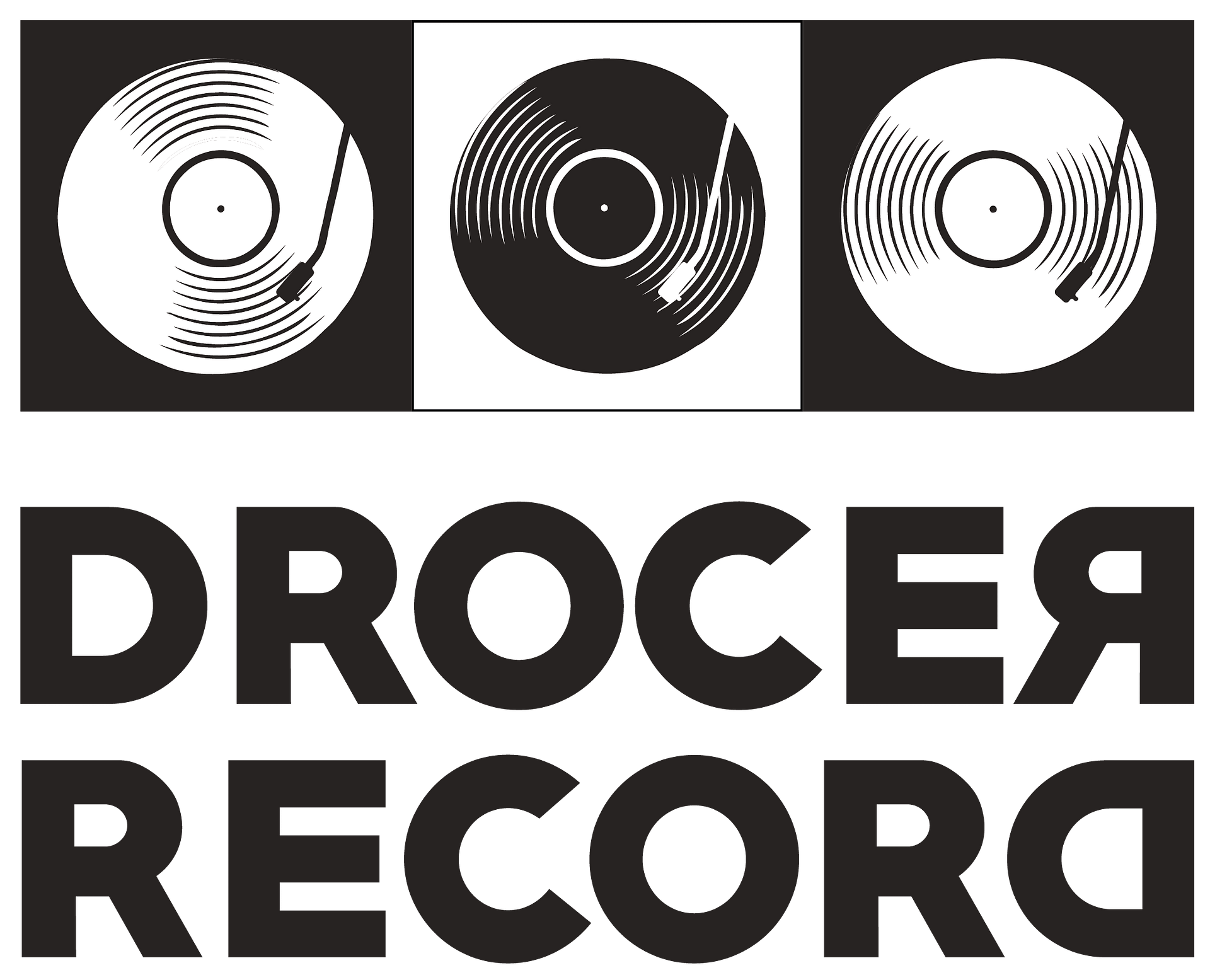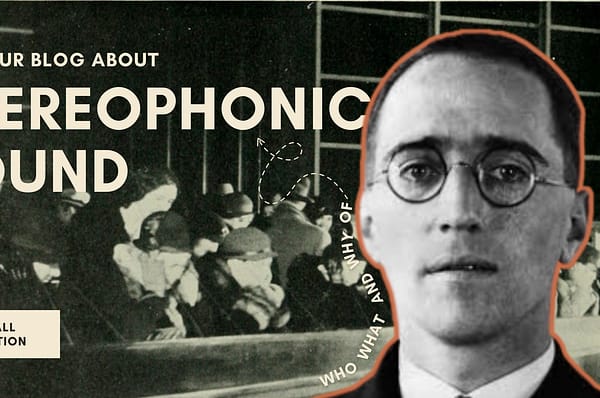By Reva Thakkar
If you’re a gaming enthusiast, you likely find yourself humming the catchy melody of Super Mario Bros. or reminiscing about the epic soundtracks of games like Halo and Bloodborne. But have you ever paused to appreciate the crucial role these soundtracks play in shaping your gaming experience? In a nutshell, without these scores, games would lose their rhythm and become not “note”-worthy, and less engaging and enjoyable to play. Let’s dive deeper into the significance of music in the world of video games.
As the renowned video game composer, Grant Kirkhope, eloquently puts it, “The images tell the story, but the music tells you how to feel.” When music aligns with the game’s universe, using instruments and sounds consistent with its setting, it fortifies a sense of realism and authenticity. Through the clever use of leitmotifs—musical themes that recur throughout the game—the storytelling gains an unforgettable rhythm that lingers in players’ minds, much like a catchy tune that sticks with you for days. And boy does it!
Memory Retention and Music
Many believe that it doesn’t the presence of music or lack thereof doesn’t matter much. Well, to those we ask, does music in movies not define a scene? Yes, it exists in the background, but without it, would emotions needed to be communicated always be clear? The same concept applies to video games, each character, location and game is bestowed with its own distinctive musical theme. This aids the gamers in forming a stronger mental connection with these elements, ensuring better recall and recognition.
Back in 2006, a study in the journal “Neuropsychology” revealed that learning a list of words was “music to the brain” when set against a musical background rather than a silent one. The rhythm and melody seemed to be the secret sauce, as it seemed to enhance short-term memory, helping in the segmentation and categorization of information to be memorized.
The gaming world “scored” its own studies on the role of music in memory and recognition. In 2017, the “International Journal of Human-Computer Studies” published a study that showcased that when musical sounds harmonized with gamer actions, players performed tasks with “sound” speed and accuracy, hitting all the right notes. However, when music and actions were in dissonance, gamers hit a few sour notes, making more errors along the way.
Cognitive Immersion or “Being In the Game”
Zehnder and Lipscomb (2006), insisted that music in video games can serve to “enhance a sense of immersion, cue narrative or plot changes, act as an emotional signifier, enhance the sense of aesthetic continuity, and cultivate the thematic unity of the video game”. Usually, gamers tend to be completely immersed in video games, have you ever wondered why? Well, let us give you a few examples.
In the action-packed adventure Uncharted 4: A Thief’s End, music takes on a pivotal role in heightening the game’s legitimacy and sense of realism. The game’s soundtrack cleverly incorporates instruments and musical genres that resonate with the diverse locations and cultures encountered by players throughout their journey keeping them hooked.
On the flip side, in the delightful simulation game Animal Crossing: New Horizons, music plays a different tune. It acts as a guiding force, marking significant milestones and directing players’ progress with its evolving melodies, transitioning from cheerful and upbeat to joyfully festive as the game unfolds.
Lastly, in The Last of Us Part II, an adventure game that tugs at heartstrings, heightening the emotional resonance of the unfolding events. Skillfully deployed, the soundtrack intensifies during pivotal moments, be it a challenging decision or a gripping scene, dynamically stirring up tension and drama within the player to reinforce the emotional connection with the game.
Music Narrates A Tale Even in Video Games
According to Alexandre Astier, the multi-talented actor, musician, and composer, in an interview, he says, “Music knows what is going to happen before the image and before the spectator”. If you lend an ear to the music in any of the aforementioned video games, you’ll be astonished to find that it acts as a sonic fortune-teller, skillfully hinting at what’s about to unfold in the next few seconds.
Composers cleverly employ leitmotifs, which serve as musical anchors, helping players recall essential story elements and forging a deeper emotional bond with the game. A striking example is found in The Legend of Zelda: Ocarina of Time, where the protagonist Link’s musical theme serves as a leitmotif, fortifying the perception of his personality and narrative.
Another technique commonly utilized is formal variation, a dynamic approach where composers develop musical themes throughout the story by altering melody, harmony, rhythm, or instrumentation. This creates evolving musical motifs that strengthen the emotional connection with the narrative’s twists and turns.
And let’s not forget the power of time synchronization, a straightforward yet potent practice. By aligning the music with in-game actions and events, the impact of these moments on the player is magnified, immersing them even further in the gaming experience.
What’s the Connection Between Vinyl and Video Game Music?
Back in the funky 1970s, vinyl recordings of video game music were born, thanks to pioneers like Kraftwerk. Yellow Magic Orchestra’s self-titled album in 1978 hopped on the gaming groove, sampling electronic beats from classics like Circus, Space Invaders, and Gun Fight. Then, in 1984, Haruomi Hosono dropped the first official video game soundtrack album, aptly named “Video Game Music.” This opened the floodgates to a “golden age” of gaming soundtracks in the rad mid-to-late 1980s. Buckner & Garcia’s Pac-Man Fever, Namco’s Video Game Graffiti, and Koichi Sugiyama’s Dragon Quest symphonic covers all played to the beat of their own gaming drum. But as the 90s rolled in, the vinyl tunes started to slow down, leaving us with fewer commercial releases. The music shifted towards hip-hop and rap artists who embraced video game samples to level up their sound.
The 2000s saw a remix revolution, with fan-made mixes entering the scene, spinning their own twist on classic game themes. However, just like a phoenix rising from the ashes, the 2010s brought about a vinyl revival! The practice of producing video game soundtracks on vinyl made a glorious comeback, with young music buyers finding inspiration from the virtual worlds they explored. Well, if you’re looking to groove to some gaming tunes, share your want list with us and we might just make it come true!





